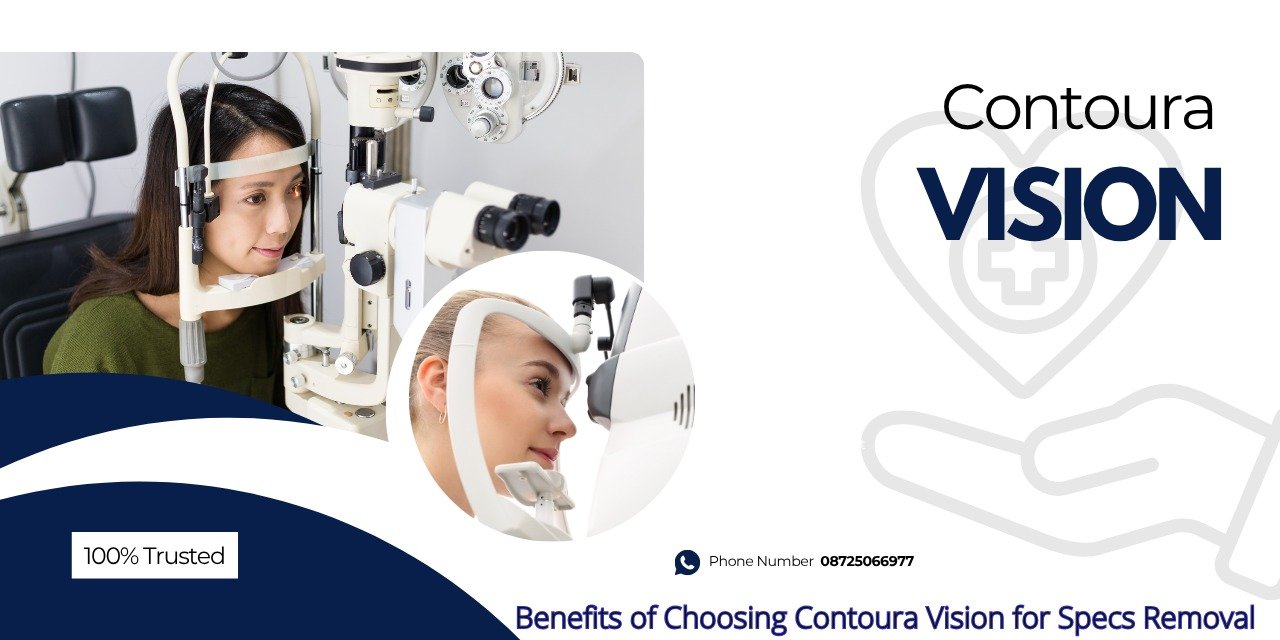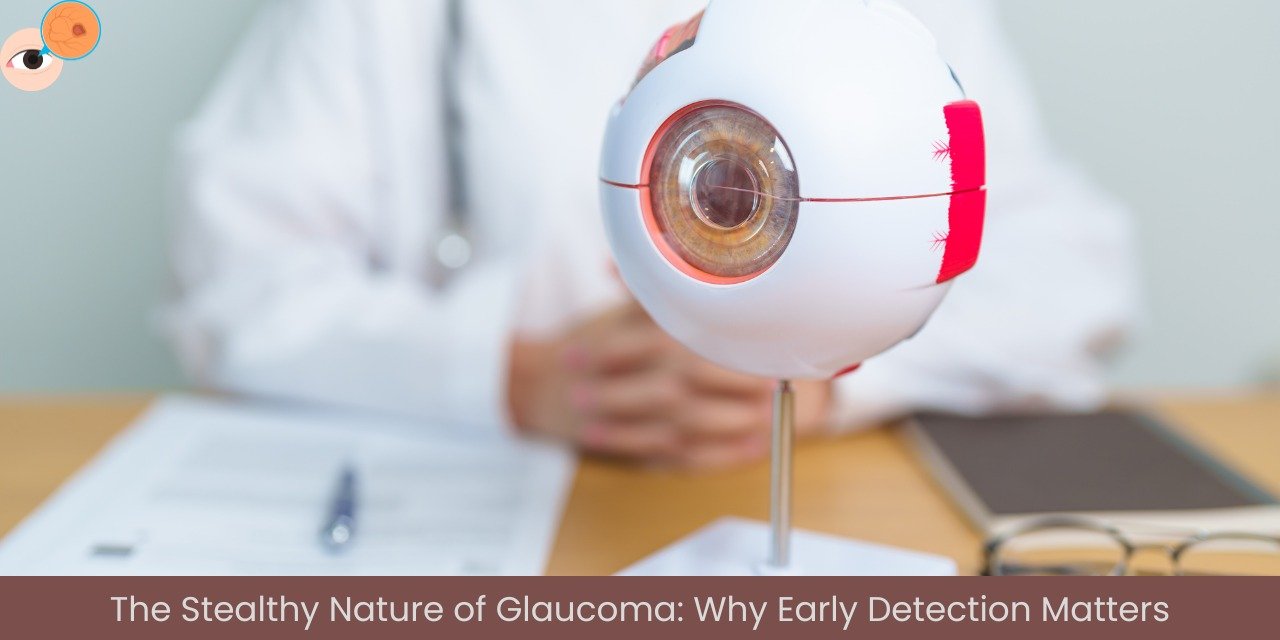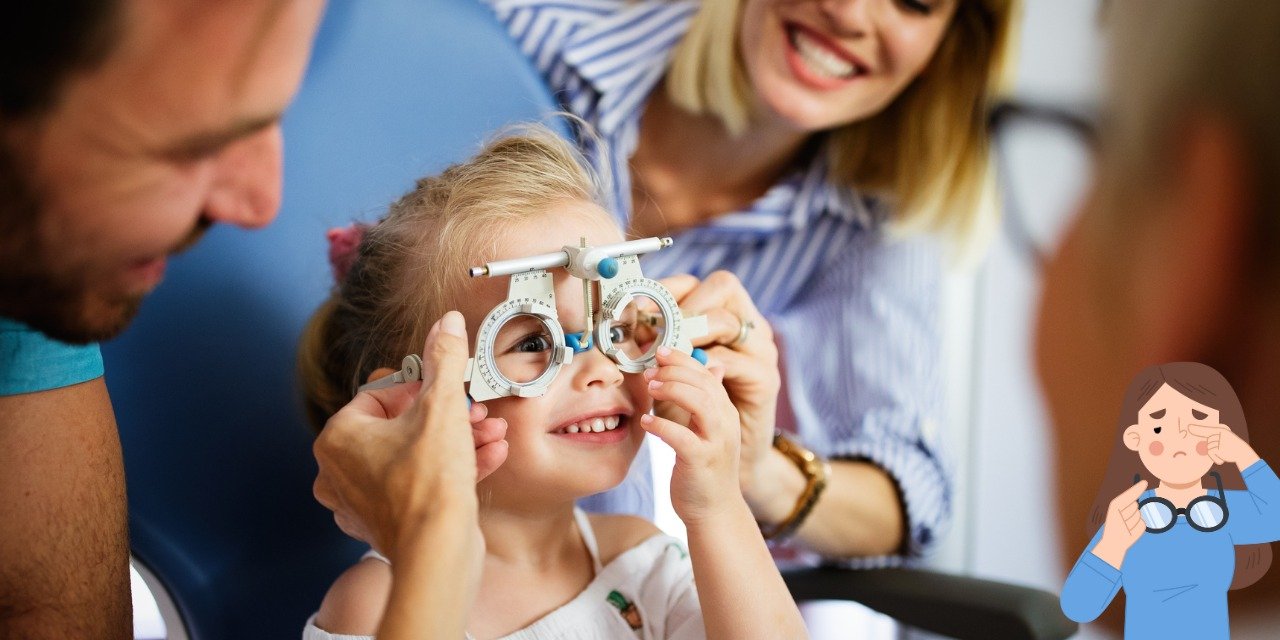Eye diseases can have a significant impact on your vision and overall well-being. While many factors contribute to eye health, genetic predispositions play a major role in the development of certain eye conditions. Understanding the role of genetics in eye diseases and how you can manage these risks is crucial in maintaining good eye health. In this article, we will explore the genetic factors that contribute to common eye diseases and provide guidance on what you can do to prevent or manage these conditions.
How Genetics Influence Eye Health
Genetics refers to the information encoded in our DNA, which is inherited from our parents. This genetic material can determine several aspects of our health, including the risk of developing certain eye diseases. Some of the most common eye diseases that have a genetic component include:
- Cataracts: A cataract is a clouding of the lens in the eye, which can cause blurred vision. Genetics can influence the development of cataracts, especially as people age. A family history of cataracts increases the likelihood of developing this condition.
- Glaucoma: Glaucoma is a group of eye diseases that damage the optic nerve, often due to increased intraocular pressure. It is one of the leading causes of blindness, and genetic factors are a major contributor. If someone in your family has glaucoma, your chances of developing the condition are higher.
- Age-Related Macular Degeneration (AMD): AMD is a leading cause of vision loss in older adults. While environmental factors like smoking and diet play a role, genetic factors also significantly influence the development of AMD. Certain genes are linked to a higher risk of developing this condition.
- Diabetic Retinopathy: People with diabetes are at risk of developing diabetic retinopathy, which affects the blood vessels in the retina. Genetics can make some individuals more susceptible to diabetic retinopathy, especially when combined with poorly controlled blood sugar levels.
What You Can Do About It
While you cannot change your genetic makeup, there are steps you can take to minimize the risk of developing hereditary eye diseases or manage existing conditions.
- Regular Eye Check-ups: Regular eye exams by an eye specialist can help detect eye diseases early, even before symptoms appear. Eye specialists in Ambala recommend visiting an eye doctor at least once a year, especially if you have a family history of eye conditions.
- Healthy Lifestyle Choices: Eating a nutritious diet rich in vitamins and antioxidants, such as Vitamin A, C, and E, can support eye health. Regular exercise and maintaining a healthy weight also contribute to the prevention of diseases like glaucoma and diabetic retinopathy.
- Protect Your Eyes from UV Rays: UV radiation from the sun can contribute to the development of cataracts and macular degeneration. Wearing sunglasses that block UV rays and a wide-brimmed hat can help protect your eyes.
- Control Underlying Health Conditions: Conditions like diabetes and hypertension can worsen eye health. By managing these conditions through medication, diet, and regular check-ups, you can reduce the risk of developing diabetic retinopathy or other related eye diseases.
- Quit Smoking: Smoking is a major risk factor for age-related macular degeneration and other eye diseases. Quitting smoking can reduce your risk and improve your overall eye health.
Conclusion
Genetic factors play a crucial role in the development of various eye diseases, but there are steps you can take to protect your vision and manage these risks effectively. By scheduling regular eye exams with an eye specialist in Ambala, making healthy lifestyle choices, and staying informed about your family history, you can significantly reduce the risk of eye diseases and maintain optimal eye health.
For expert eye care, visit PC Sharma Eye Hospital, where our experienced ophthalmologists, led by Dr. P.C. Sharma, offer comprehensive eye services tailored to your needs. To schedule an appointment or learn more, call us today at +919499181422.













